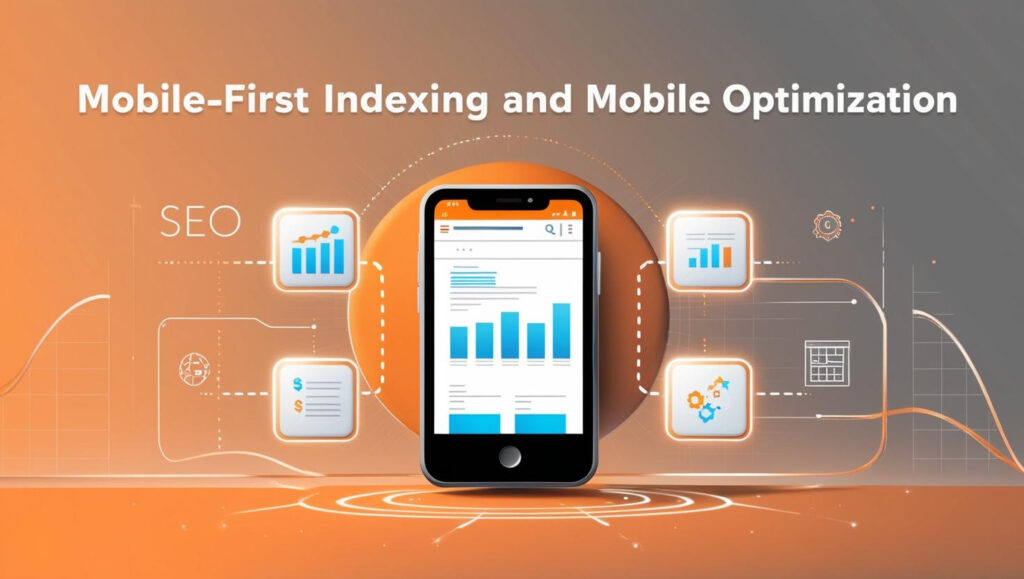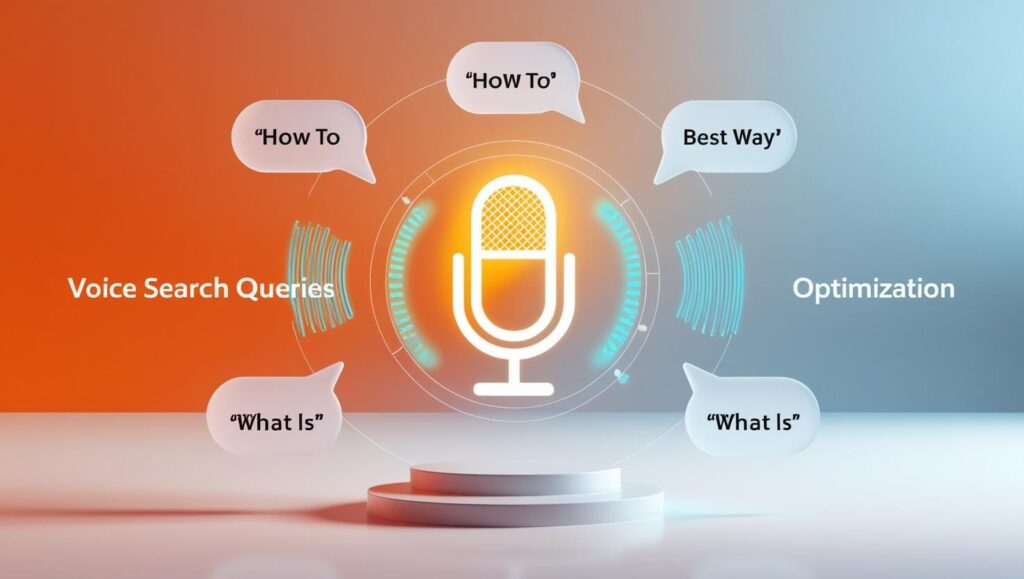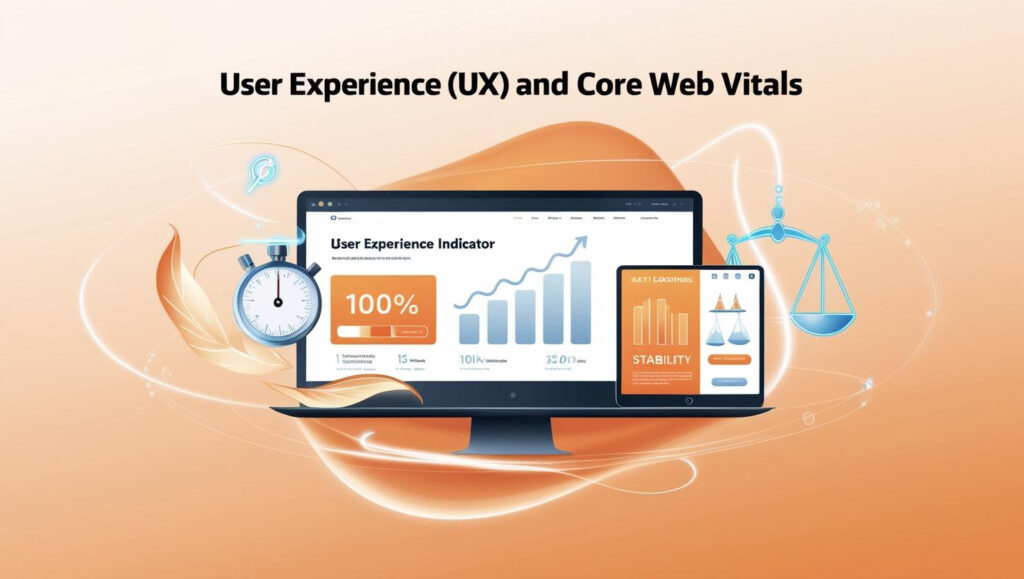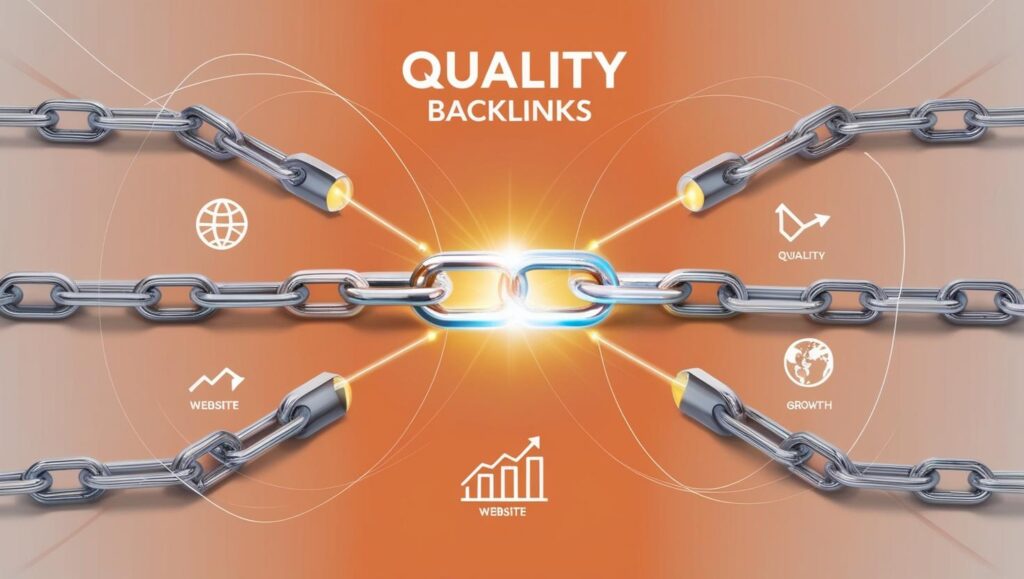In the ever-evolving landscape of digital marketing, staying ahead of SEO trends is crucial for crafting an effective online strategy. Search Engine Optimization (SEO) is an essential component of any successful digital marketing plan, influencing how a website ranks in search engine results pages (SERPs). As search engines like Google continuously refine their algorithms, businesses must adapt their strategies to maintain visibility and drive traffic.
In this article, we will explore the key SEO trends to follow in 2024 to ensure that your online strategy is effective and aligned with the latest industry best practices.
The Growing Importance of E-A-T

In recent years, Google has placed a significant emphasis on E-A-T (Expertise, Authoritativeness, and Trustworthiness) as a measure of content quality. Google aims to provide users with the most relevant and reliable information, especially for topics that could impact a person’s health, finances, or safety.
To rank well in SERPs, it’s essential to focus on building your site’s E-A-T profile. Ensure that your content is created by subject matter experts, includes authoritative references, and is trustworthy. This includes displaying author bios, linking to credible sources, and demonstrating your expertise through content quality and thoroughness.
For example, a health blog should be written by certified health professionals, and finance-related websites should provide information verified by credible financial institutions. Building trust with your audience and search engines should be a priority to improve rankings and establish long-term online success.
Mobile-First Indexing and Mobile Optimization

Mobile-first indexing refers to Google’s shift toward using mobile versions of websites for indexing and ranking. This trend has become increasingly important as mobile traffic continues to surpass desktop traffic. In 2024, a mobile-optimized website is not just a nice-to-have; it’s a necessity for good SEO performance.
Ensuring your website is mobile-friendly is essential for retaining visitors and improving your site’s SEO ranking. Factors like mobile page speed, responsive design, and user experience (UX) are critical to providing a positive mobile browsing experience. Websites that are not optimized for mobile devices risk losing visibility in search results, as Google prioritizes mobile-friendly pages.
Actionable Tips for Mobile Optimization:
- Implement responsive design to ensure your website adapts to different screen sizes.
- Focus on fast page load times by compressing images, minifying CSS, and using browser caching.
- Avoid using intrusive pop-ups that negatively affect the mobile user experience.
Voice Search Optimization

The rise of virtual assistants like Siri, Alexa, and Google Assistant has led to a surge in voice searches. Voice search queries tend to be more conversational and longer than text-based searches, which means businesses must adapt their SEO strategies to account for this shift in user behavior.
To optimize for voice search, focus on long-tail keywords and natural language that mirrors how people speak. Additionally, ensure your website is structured in a way that provides quick, concise answers to common questions. Google’s Featured Snippets, which often appear in voice search results, are a valuable opportunity for gaining visibility.
Actionable Tips for Voice Search Optimization:
- Target long-tail keywords and conversational phrases.
- Use structured data (Schema Markup) to help search engines understand your content.
- Focus on providing clear, concise answers to frequently asked questions.
User Experience (UX) and Core Web Vitals

Google’s Core Web Vitals, which measure user experience factors like loading performance, interactivity, and visual stability, have become crucial ranking factors. In 2024, providing an optimal user experience on your website is vital for both SEO and user satisfaction.
The Core Web Vitals metrics include:
- Largest Contentful Paint (LCP): The time it takes for the largest content element to load.
- First Input Delay (FID): The time it takes for a user to interact with the page after clicking.
- Cumulative Layout Shift (CLS): The amount of unexpected layout shift that occurs while a page is loading.
Websites that deliver fast, interactive, and visually stable experiences are more likely to rank higher on search engines. Focus on improving your website’s performance by optimizing images, reducing server response time, and implementing efficient coding practices.
Actionable Tips for Core Web Vitals:
- Optimize images by compressing them and using modern file formats like WebP.
- Minimize JavaScript and CSS files to reduce page load times.
- Avoid using intrusive ads or elements that may cause layout shifts.
Video Content and SEO

Video content continues to gain prominence as users increasingly prefer visual content. In fact, platforms like YouTube are among the most popular search engines, second only to Google. Video content provides an excellent opportunity to engage users and improve SEO.
Optimizing your video content involves more than just uploading videos to platforms like YouTube. You must also optimize the metadata, including titles, descriptions, and tags, to ensure that search engines can index your videos properly. Additionally, consider embedding video content on your website to increase engagement and improve time on page, which can positively impact SEO.
Actionable Tips for Video SEO:
- Use descriptive and keyword-rich titles, tags, and descriptions for your videos.
- Add transcripts to your videos to provide more textual content for search engines to index.
- Host videos on your website to improve user engagement and retention.
AI and Machine Learning in SEO

Artificial Intelligence (AI) and Machine Learning (ML) are transforming the SEO landscape. Google’s algorithms, such as RankBrain and BERT, utilize AI to understand user intent and deliver more relevant results. As AI continues to evolve, SEO professionals must adapt their strategies to leverage these advancements.
AI can help in various aspects of SEO, including content generation, keyword research, and link building. Tools powered by AI can automate repetitive tasks, identify trends in search behavior, and optimize content for better performance.
Actionable Tips for AI-Powered SEO:
- Use AI-powered tools for keyword research and content analysis.
- Implement AI-based chatbots to improve user interaction on your site.
- Leverage AI for personalized content recommendations based on user behavior.
If you want to learn machine learning in depth, check out this comprehensive machine learning course. If you want to learn about AI and machine learning, check out AI development services for valuable resources and expert guidance.
Structured Data and Schema Markup

Structured data, or Schema Markup, is a code added to your website to help search engines better understand the content on your pages. By providing additional context, structured data can improve the visibility of your website in search results through rich snippets, such as star ratings, event details, or product information.
Incorporating Schema Markup can increase click-through rates (CTR) by making your content stand out in search results. With the rise of voice search, structured data plays an even more important role in providing clear, direct answers to user queries.
Actionable Tips for Structured Data:
- Implement Schema Markup on key pages like product listings, reviews, and articles.
- Use Google’s Structured Data Testing Tool to check if your markup is correctly implemented.
- Ensure that your markup is relevant and accurate to avoid penalties from Google.
Local SEO and Google My Business

As businesses strive to attract more local customers, Local SEO has become increasingly important. Optimizing your website for local search results ensures that your business is visible to potential customers in your geographic area. Google My Business (GMB) is a powerful tool for improving local visibility, allowing businesses to manage their online presence across Google Search and Maps.
To succeed with Local SEO, ensure that your business information is consistent across all online directories, encourage customers to leave reviews, and regularly update your GMB profile with relevant information like operating hours, photos, and posts.
Actionable Tips for Local SEO:
- Claim and optimize your Google My Business profile.
- Use local keywords in your website content and meta tags.
- Encourage satisfied customers to leave reviews on Google and other local platforms.
Content Quality Over Quantity

While producing large volumes of content used to be a popular strategy for SEO, the focus has shifted towards content quality. Search engines now prioritize content that provides real value to users over content that is simply keyword-stuffed or thin.
In 2024, the quality of your content is more important than ever. Content should address the needs of your target audience, answer their questions, and solve their problems. A content marketing strategy focused on high-quality, user-centric content will yield better long-term results than simply pumping out a high volume of low-quality content.
Actionable Tips for Content Quality:
- Create in-depth, comprehensive content that covers topics from multiple angles.
- Ensure your content is informative, engaging, and solves problems for your audience.
- Regularly update older content to keep it relevant and fresh.
Link Building and Quality Backlinks

Backlinks continue to be one of the most important ranking factors for SEO. However, the focus has shifted from the quantity of backlinks to the quality and relevance of those links. In 2024, securing high-quality backlinks from authoritative sources within your industry is crucial for improving your site’s credibility and rankings.
Avoid black-hat link-building techniques like buying links or participating in link farms. Instead, focus on creating valuable content that naturally attracts links from reputable websites, or collaborate with influencers, bloggers, and industry experts to generate backlinks.
Actionable Tips for Link Building:
- Focus on acquiring backlinks from reputable websites within your industry.
- Create valuable content like guest posts, infographics, and case studies that encourage others to link to your site.
- Avoid low-quality or spammy link-building practices that could harm your SEO efforts.
FAQs
What are the SEO trends to watch in 2024?
SEO trends in 2024 focus on improving mobile-first indexing, voice search optimization, user experience, E-A-T (Expertise, Authoritativeness, and Trustworthiness), and AI-driven content strategies. Adapting to these changes ensures better search engine rankings and higher visibility.
What are the latest SEO trends?
The latest SEO trends include mobile optimization, AI and machine learning in SEO, structured data implementation, content quality over quantity, and Core Web Vitals. These trends prioritize user experience and data-driven decisions to improve search rankings and user engagement.
What are the key local SEO trends?
Key local SEO trends involve optimizing for Google My Business, leveraging local keywords, acquiring local backlinks, and ensuring NAP consistency. Additionally, focusing on reviews, mobile-friendliness, and localized content boosts visibility in local search results, driving relevant traffic.
What new SEO trends should your business utilize?
New SEO trends businesses should utilize in 2024 include enhancing user experience (UX), adopting voice search optimization, using structured data for better visibility, creating AI-generated content, and focusing on mobile-first strategies to improve website rankings and traffic.
What are the SEO trends and predictions for 2025?
SEO predictions for 2025 highlight the continued importance of mobile-first indexing, E-A-T, AI, and user experience. Expect more focus on long-tail keywords, voice search optimization, and video content, all of which will impact rankings and engagement significantly.
What are the top SEO trends and techniques to follow?
Top SEO trends and techniques include optimizing for voice search, implementing structured data, improving site speed and Core Web Vitals, focusing on high-quality content, and embracing AI-driven tools to enhance keyword research and content optimization for better rankings.
What are SEO trends?
SEO trends refer to the evolving strategies, techniques, and best practices that influence how websites rank in search engine results. These trends reflect changes in search engine algorithms, user behavior, and technology. Staying updated with SEO trends is crucial for improving visibility, user experience, and website performance.
How can AI impact SEO strategies?
AI impacts SEO strategies by automating keyword research, content optimization, and predictive analytics. It helps in understanding user intent, personalizing content, and improving website performance. AI tools enhance efficiency and deliver insights to refine SEO tactics for better results.
Conclusion
To craft an effective online strategy in 2024, businesses must stay ahead of the latest SEO trends and continuously adapt their strategies. From focusing on E-A-T and mobile-first optimization to leveraging AI-powered tools and improving user experience, the landscape of SEO is constantly evolving. By prioritizing these key trends, businesses can ensure their websites rank higher in search results, attract more traffic, and ultimately drive conversions. Stay informed, experiment with new strategies, and be prepared to adjust your approach as SEO best practices continue to evolve.
Latest Posts
- Does AI Write Seo-Optimized Content 3x Faster Than Human Writers
- Does ChatGPT Generated Text Hurt Your SEO? Find Out the Truth!
- Does the Number of Elementor Containers Affect SEO? Get the Facts!
- How Do Blogs Help SEO? Learn Why It’s a Game-Changer!
- Want a Better Website? Learn How Do I Improve My Website!